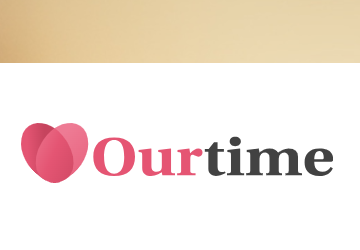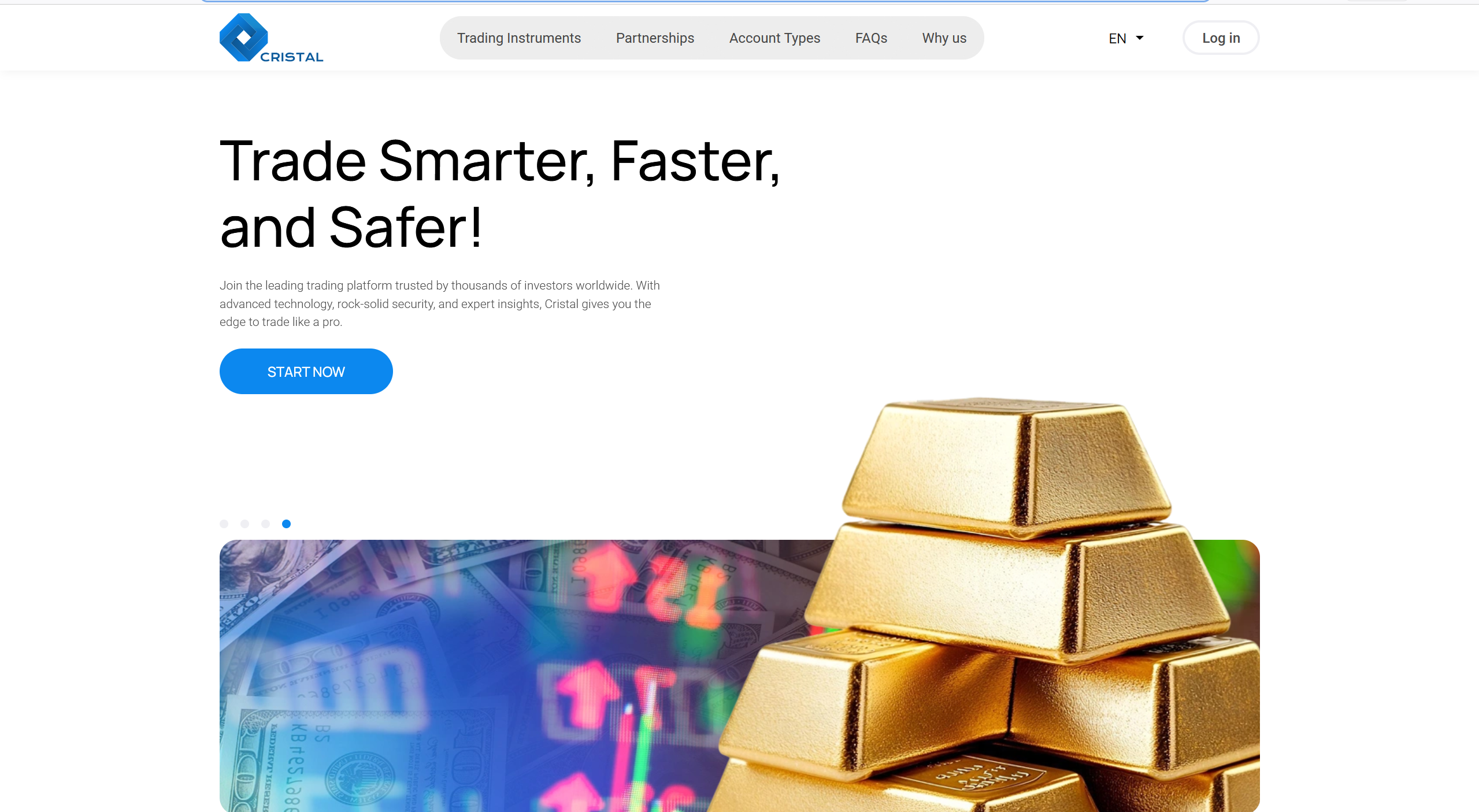How I Got Scammed on Ourtime.com
My name is David Cullan, and I’m here to share the devastating story of how I got scammed on OurTime.com, a popular online dating platform for people over 50. In total, I lost $207,000 to a sophisticated and heart-wrenching scam that involved a love scam, Ponzi schemes, phishing, rug pulls, and fake Initial Coin Offerings (ICOs). My aim in sharing this story is to help others recognize the red flags and avoid falling victim to similar scams. Get Help
The Beginning: Finding Love Online
Like many others seeking companionship later in life, I turned to OurTime.com. I was hopeful that this reputable platform would help me find a meaningful connection. After setting up my profile and engaging with a few potential matches, I received a message from a woman named Linda. She was charming, intelligent, and seemed genuinely interested in getting to know me. We quickly developed a rapport through daily messages, which soon turned into phone calls and video chats.
Linda claimed to be an entrepreneur in the tech industry, specifically involved in cryptocurrency projects. She shared detailed stories about her business ventures and travels, complete with photos and videos. Our conversations were deep and meaningful, and I felt a strong emotional connection with her.
Building Trust and the First Request for Money
A few months into our relationship, Linda began sharing some of her business challenges with me. She mentioned a lucrative investment opportunity that required immediate funds and promised high returns. She explained that she was involved in a new cryptocurrency project and needed $20,000 to secure her investment. She assured me that this was a temporary loan and that she would repay me with substantial interest.
Given our emotional connection and her convincing explanations, I agreed to help. I transferred the money, believing I was supporting someone I cared about. Linda was extremely grateful and promised to return the money soon.
The Escalation of Requests
That initial request was just the beginning. Over the next few months, Linda encountered a series of financial emergencies related to her business. There were issues with project funding, unexpected expenses, and other urgent matters that required immediate cash infusions. Each time, she had a plausible explanation and assured me that repayment was imminent.
The amounts she asked for grew larger. $30,000 for a business expansion, $50,000 to cover legal fees, and even $100,000 to secure a major deal. Despite my growing concerns, I continued to send her money, convinced that I was helping her through temporary setbacks.
The Ponzi Scheme
One of the schemes Linda involved me in was a classic Ponzi scheme. She convinced me to invest in a “guaranteed” high-return opportunity that promised monthly payouts. She even showed me fake account statements and testimonials from other “investors” to make it seem legitimate.
Initially, I did receive some returns, which further convinced me of the scheme’s legitimacy. However, as time went on, the payouts stopped, and Linda had more excuses about delays and complications. It became clear that the returns I received were simply funded by new investments, and there was no real profit being generated.
Phishing and Rug Pulls
Linda also introduced me to several cryptocurrency investment platforms. She guided me through setting up accounts and transferring funds. Unbeknownst to me, these platforms were part of a sophisticated phishing scheme. They collected my personal and financial information, which was later used to access my bank accounts and other financial assets.
In addition to phishing, Linda involved me in a rug pull. She convinced me to invest in a new cryptocurrency that promised huge returns. The project seemed legitimate, with a detailed whitepaper and a professional-looking website. However, once a significant amount of money was invested, the project disappeared overnight, taking all the investors’ funds with it.
Fake ICOs
Linda also persuaded me to invest in several Initial Coin Offerings (ICOs) for new cryptocurrencies. These ICOs were heavily marketed as revolutionary projects with enormous potential. I invested tens of thousands of dollars in these fake ICOs, only to see the projects vanish once they had collected enough money. Get Your Money Back
Realization and the Aftermath
It took me a while to realize the extent of the scam. As Linda’s requests for money became more desperate and convoluted, I began to suspect that something was wrong. My friends and family expressed their concerns, but I was too emotionally invested to listen.
The breaking point came when Linda asked for an additional $50,000 for an “emergency.” I decided to do some investigation on my own. I discovered that the business ventures and investment opportunities she described were either non-existent or involved in ongoing scams. The pictures and videos she shared were taken from various online sources and had nothing to do with her.
When I confronted Linda, she became defensive and then disappeared. She blocked me on all platforms, and I realized I had been thoroughly deceived. I had lost $207,000—money that I had saved for my retirement and my future.
Reporting and Seeking Justice
I reported the scam to OurTime.com, the Federal Trade Commission (FTC), and my bank. However, the chances of recovering my money were slim. The scammers were operating under false identities and were likely based in different countries, making it difficult to track them down.
The process of dealing with the authorities and trying to recover my funds was exhausting and yielded no results. I felt humiliated, heartbroken, and betrayed.
Lessons Learned
My experience taught me some hard but valuable lessons:
- Be Skeptical: No matter how genuine someone seems online, always be skeptical of their intentions, especially if they start asking for money.
- Verify Identities: Insist on video calls and other forms of verification to ensure the person you’re speaking with is who they claim to be.
- Listen to Loved Ones: If friends or family express concerns, take them seriously. They might see red flags that you’re too emotionally invested to notice.
- Protect Your Personal Information: Be cautious about sharing personal and financial information online, and use reputable platforms for financial transactions.
- Research Thoroughly: Before investing in any opportunity, conduct thorough research. Look for independent reviews and verify the legitimacy of the project.
Sharing my story is painful, but I hope it serves as a warning to others. Online dating can be a wonderful way to meet people, but it’s crucial to stay vigilant and protect yourself from potential fraud. The emotional and financial cost of being scammed is immense, and no one should have to endure what I went through.
Thank you for reading my testimony. Stay safe and be cautious in your online interactions.






2 Responses
Did you ever meet her face to face?
Let me tell you even sites like eharmony have 30% fake profiles and scammers , if you choose to try to find your forever person online I would advise you to stay away , But if you must if the subject of money comes up run as fast as you can i guarantee it’s a scam, best way to meet people is through family or friends , be careful and be safe i’ve heard to many horror stories.